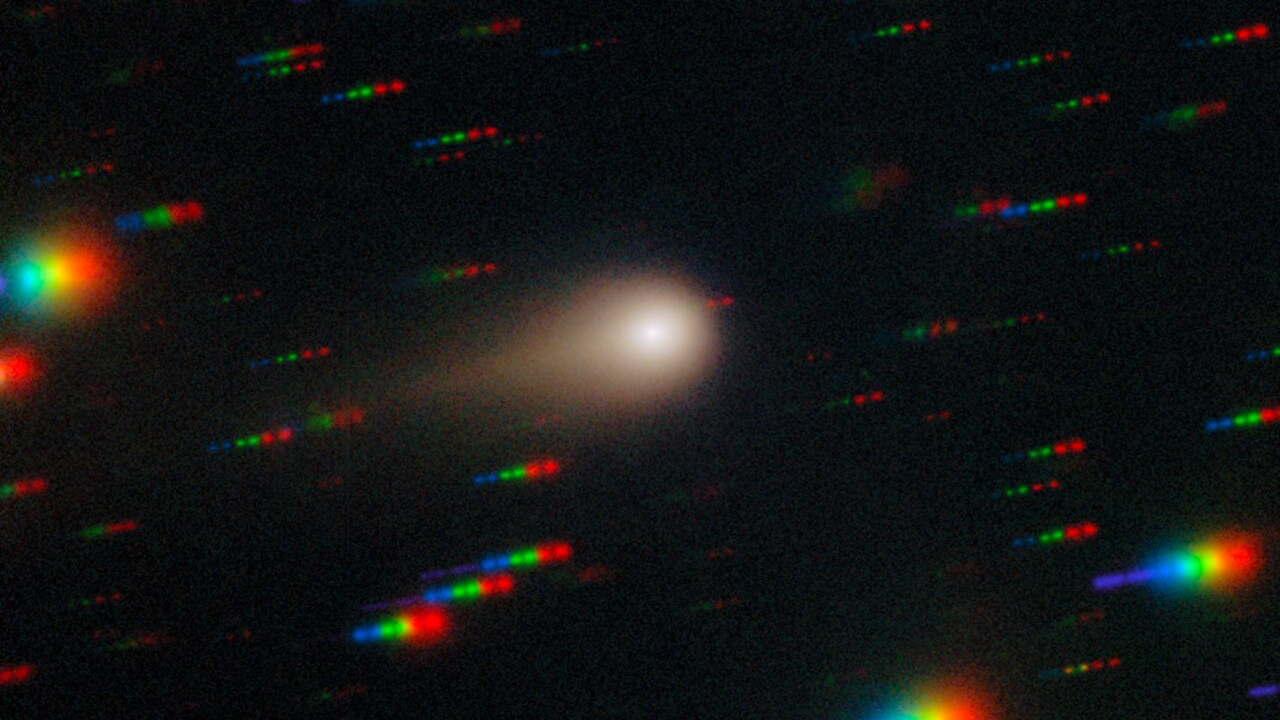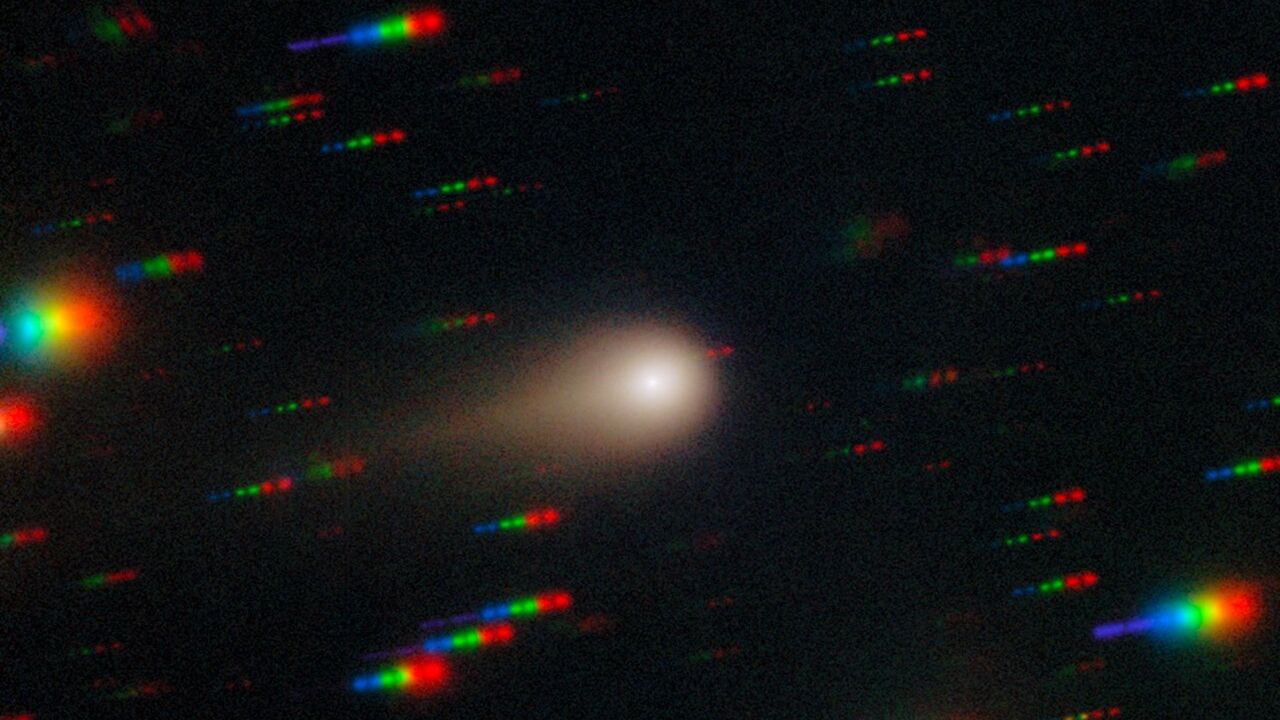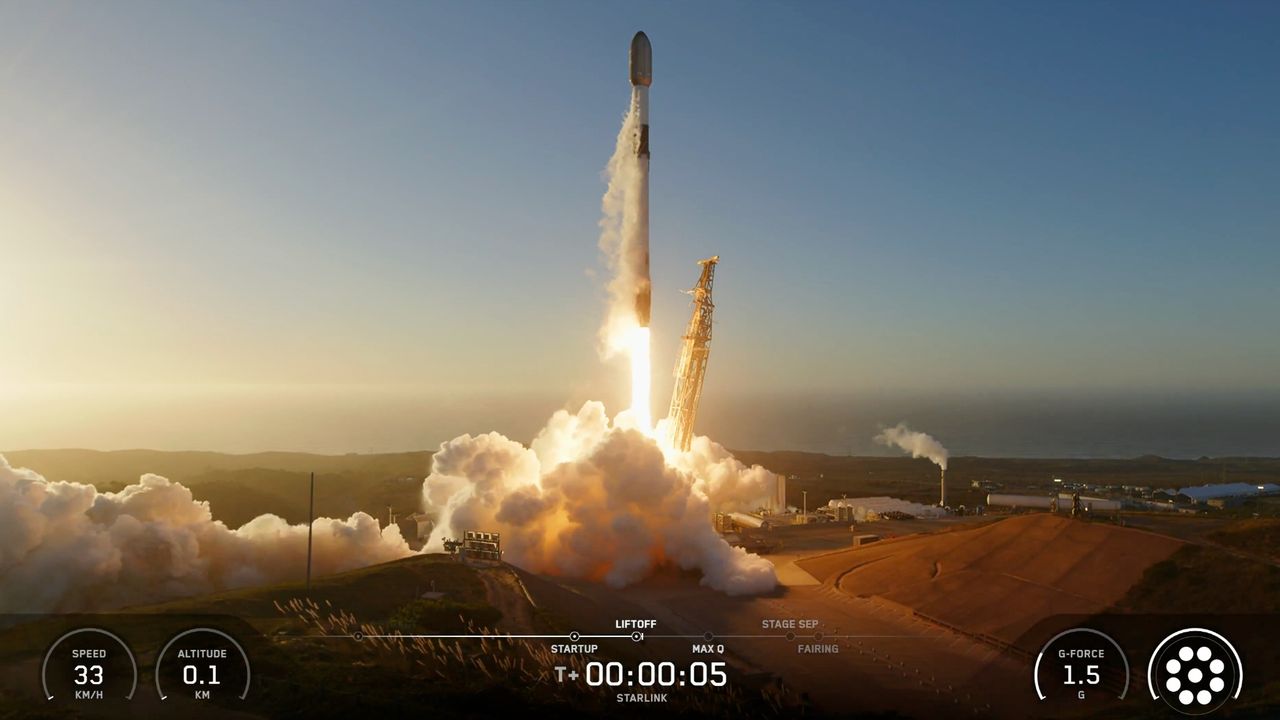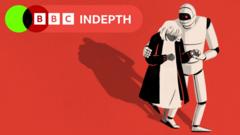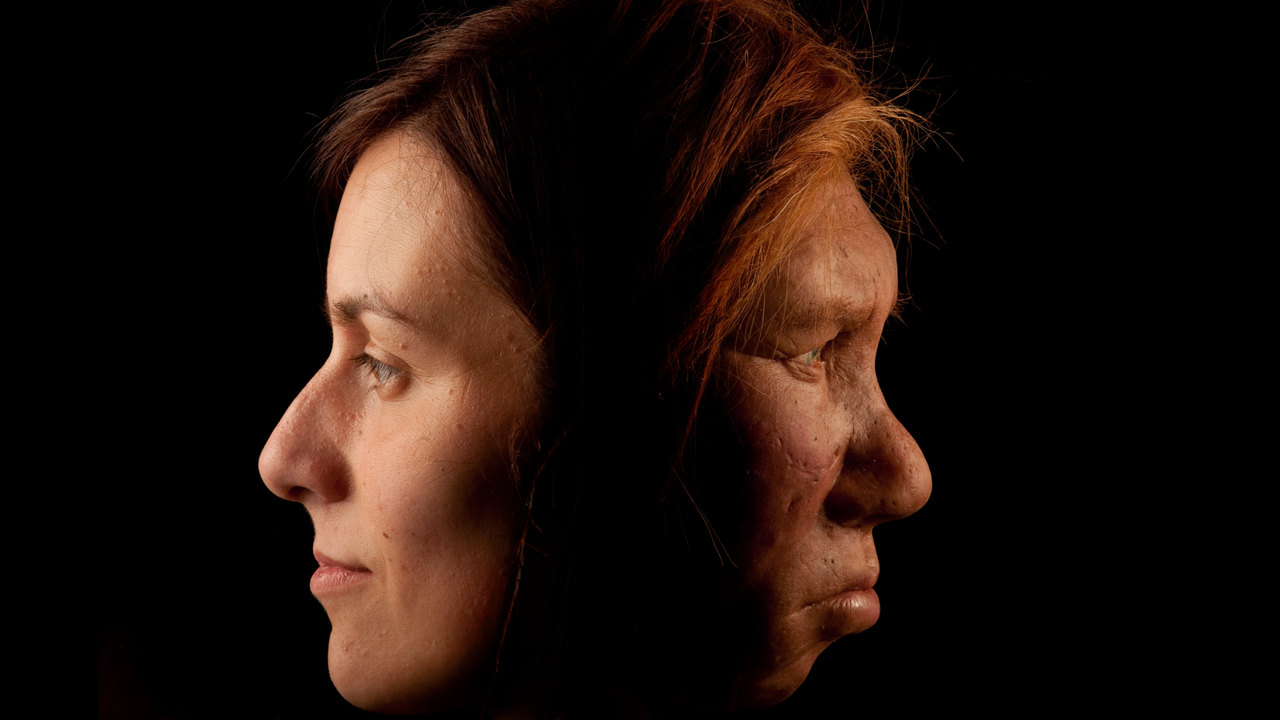Awakening an interstellar wanderer: Surprising nickel detection in Comet 3I/ATLAS
PositiveScience
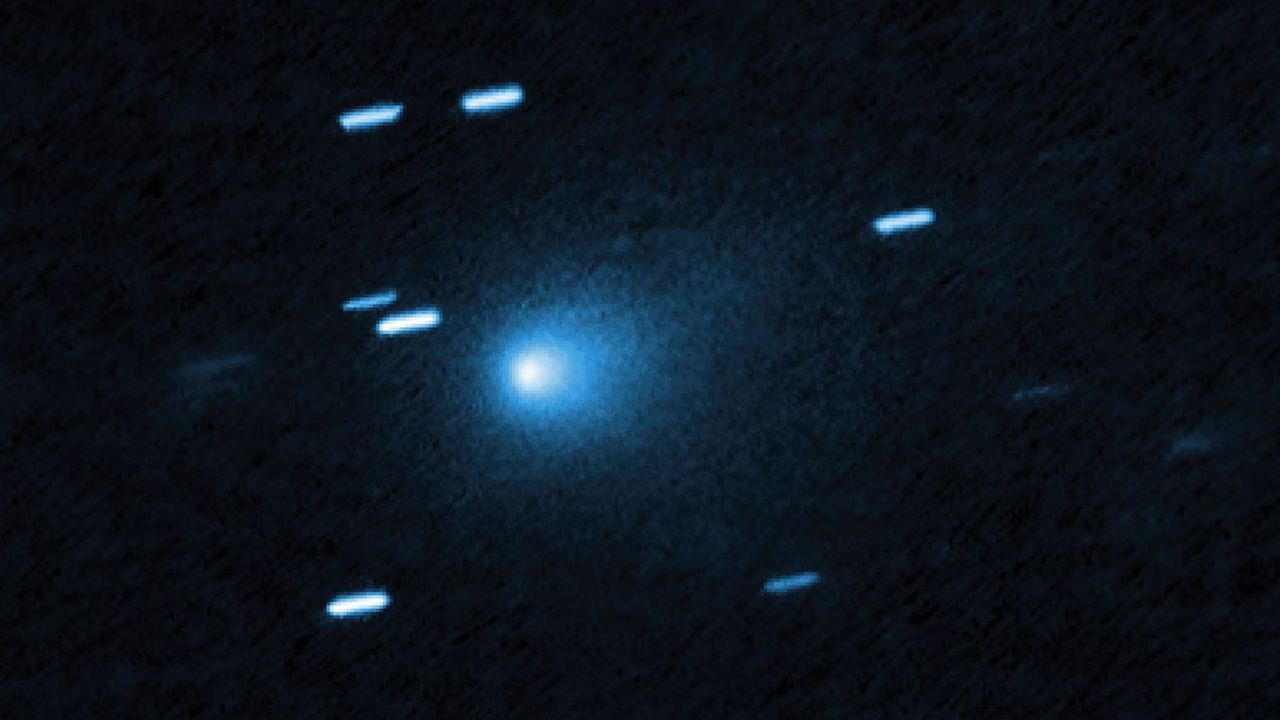
Scientists have made an exciting discovery by detecting glowing nickel vapor in the gas surrounding the interstellar comet 3I/ATLAS, even at a remarkable distance from the sun. This finding is significant because it challenges our understanding of how metals behave in extremely cold environments, where they typically wouldn't vaporize. Such discoveries not only enhance our knowledge of comets but also provide insights into the materials present in our solar system and beyond.
— Curated by the World Pulse Now AI Editorial System
